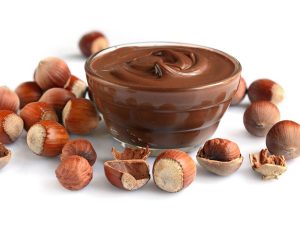
Salmon is one of the most nutrient-dense fish, with numerous health benefits. Salmon is high in omega-3 fatty acids, vitamin B12, and other vital nutrients that are good for hair and skin. Salmon is one of the most popular fish in the world due to its delicious flavor and numerous health advantages.
Salmon nutrition facts include antioxidant components like selenium and other minerals like phosphorus, zinc, and potassium, as well as the vitamin B group—riboflavin, niacin, thiamin, B6, folate, and B12—as well as the vitamin B group—riboflavin, niacin, thiamin, B6, folate, and B12. As a result, salmon is beneficial to our health because it can compensate for most mineral and vitamin deficits in our bodies if we include it in our diet. Get it in bulk from your nearest seafood supplier.
Improved Cardiovascular Health
Salmon is high in omega-3 fatty acids (EPA and DHA), as well as potassium. Omega-3 and -6 fatty acids, when paired with potassium, significantly improve heart health by reducing arterial inflammation, lowering cholesterol, and maintaining blood pressure. Potassium aids in the regulation of blood pressure and the prevention of excessive fluid retention. As a result, frequent salmon consumption can considerably lower the risk of heart attacks, strokes, arrhythmia, excessive blood pressure, and high triglycerides.

Repairs Tissues
Salmon is a high-protein food. Protein is required by our bodies in addition to necessary nutrients because it is the building block for bones, muscles, cartilage, skin, and blood. It aids in the rebuilding and healing of tissues after an accident, as well as the protection of bone health and the maintenance of muscle mass during weight reduction. It also enhances bone density and strength while maintaining a healthy metabolic rate.
Proper Thyroid Function
The maintenance of appropriate thyroid function is one of the selenium’s key activities. A substantial amount of selenium can be obtained from a serving of salmon fillet hong kong. The thyroid gland is protected from oxidative damage produced by the creation of thyroid hormone by this vital trace mineral. Thyroid gland cells create hydrogen peroxide, which is employed in the production of thyroid hormone.
The presence of astaxanthin, a member of the carotenoid family of antioxidants, gives the salmon its pink hue. Astaxanthin, unlike other carotenes and carotenoids, is not converted to retinoid in the human body. It’s a natural antioxidant that can help prevent cardiovascular, immunological, inflammatory, and neurological illnesses.








